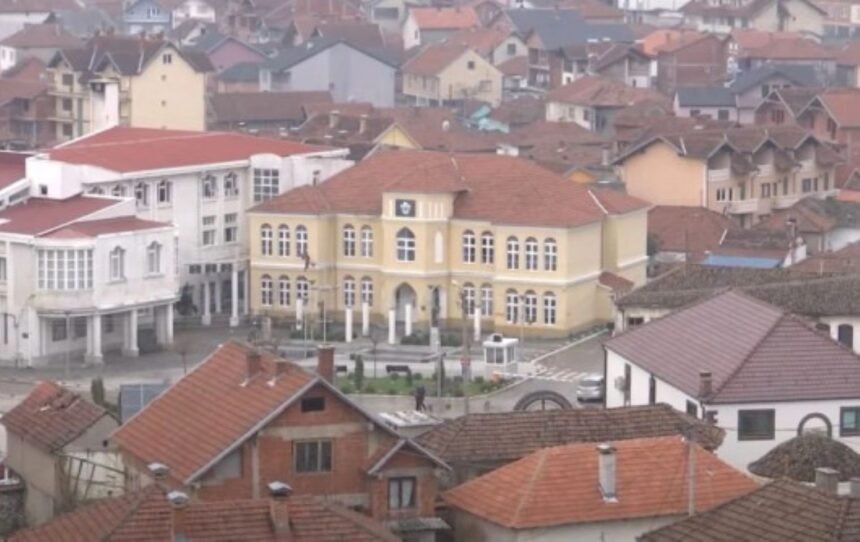Representatives of the Albanian community in Serbia’s Presevo Valley have expressed deep concern over the European Union’s lack of response to ongoing discrimination against ethnic Albanians by the Serbian state. The criticism comes after EU Foreign Affairs and Security Representative Kaja Kallas visited Serbs in northern Kosovo but made no stop in the Presevo Valley.
Ragmi Mustafi, leader of the Democratic Party of Albanians, accused the EU of applying double standards.
“If she came to hear the concerns of the Serbs, she had a million more reasons to visit Preshevo, Bujanoc, and Medvegja to listen to ours. Albanians here are being pushed away from their ancestral lands due to Serbia’s continuous pressure,” Mustafi told Koha.
These concerns have been echoed in a recent report by the Advisory Committee of the Council of Europe, which monitors the implementation of the Framework Convention for the Protection of National Minorities in Serbia. The report, published in early May, outlines critical issues such as:
- Address passivation targeting ethnic Albanians
- Underrepresentation in public institutions
- Poverty and unemployment
- Barriers to healthcare and education access
Arbër Pajaziti, the Mayor of Bujanoc, said that Albanians are beginning to lose faith in the international community.
“We consistently face neglect or only declarative reactions. Serbia is playing both sides — Russia and Europe — and is exploiting this to its advantage. That’s why Europe often treats Serbia with kid gloves, hoping it won’t turn to Russia,” Pajaziti stated.
Kosovo’s Acting Prime Minister Albin Kurti has also urged concrete actions to defend the rights of Albanians in Serbia. Similarly, during a visit to Switzerland two days ago, President Vjosa Osmani voiced concern about Serbia’s treatment of Albanians.
“What is happening in Serbia is ethnic cleansing through administrative means — removing them from voter lists, stripping citizenship, and violating fundamental human rights, all in breach of Serbia’s international obligations,” Osmani declared.
Earlier this month, the European Parliament also acknowledged the systemic problems facing Albanians in the Presevo Valley, especially the restrictions on access to education in their native language.







